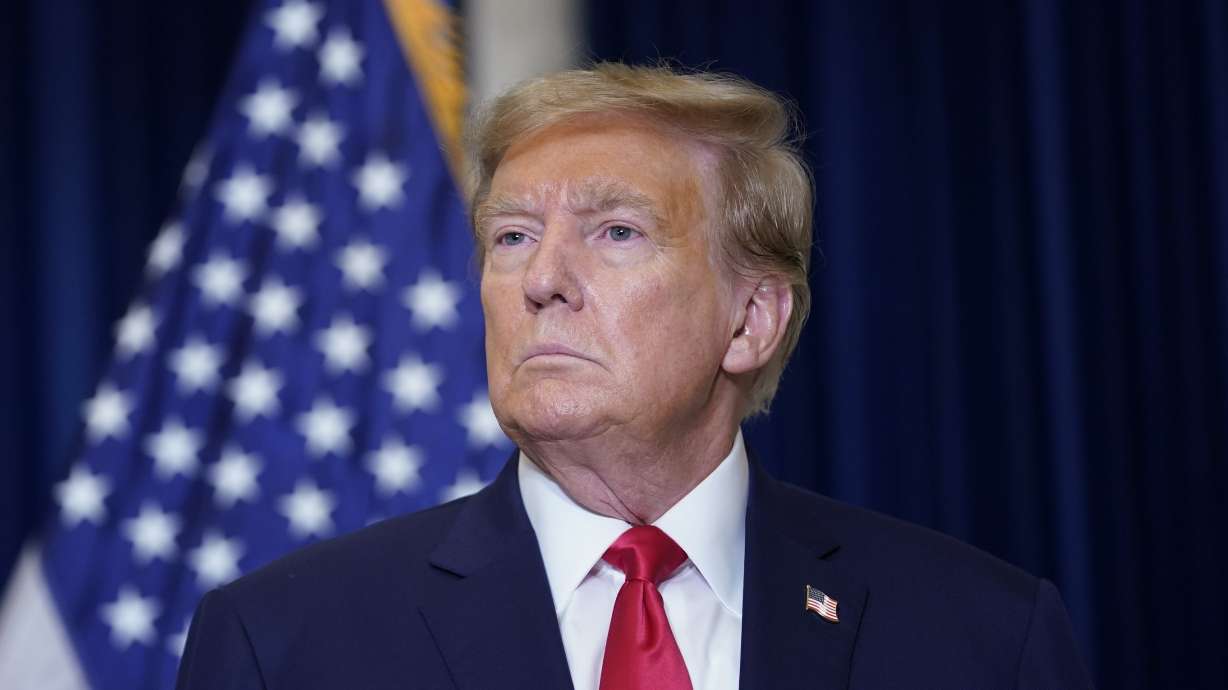The fate of former President Trump now rests in the hands of the Supreme Court as he appeals a crucial ruling that could determine whether he faces trial for his efforts to overturn the 2020 election. This appeal comes at a pivotal time, just nine months before Election Day, where Trump is expected to be the Republican nominee facing off against President Joe Biden for a second time.
Trump’s legal battles are unprecedented for a major presidential candidate, with multiple criminal cases looming over him. These cases involve allegations ranging from the removal of classified documents from the White House to using hush money to silence extramarital allegations and orchestrating a multi-pronged attempt to overturn Biden’s victory.
The recent ruling by a federal appeals court rejected Trump’s claim of immunity from criminal liability, stating that such immunity lacks support in legal precedent, historical context, or the Constitution itself. Trump argues that presidential immunity is necessary for carrying out duties without fear of retribution, but the appeals court warned against granting such immunity, suggesting it would undermine the separation of powers.
Now, with the appeals court’s ruling temporarily on hold, Trump has the opportunity to make his case to the Supreme Court. The decision of the highest court in the land will not only impact Trump’s legal battles but also potentially shape the interpretation of presidential immunity for years to come.
What is happening with Trump’s federal election subversion case and the Supreme Court?
The nine justices of the Supreme Court now face the critical decision of whether to accept the case or potentially decline it, which would uphold the lower court’s ruling by default.
The timing of the Supreme Court’s response holds significant weight, especially with the presidential election drawing nearer. Originally scheduled to commence on March 4, Trump’s trial over the allegations of attempting to subvert the 2020 election was postponed due to the ongoing appeal process.
The allegations against Trump include conspiracy to defraud the United States and obstruction of Congress’s certification of Biden’s victory on January 6, 2021. These charges stem from Trump’s involvement in a rally preceding the certification vote, during which he encouraged his supporters to march on the Capitol. The ensuing chaos saw rioters breach the building, leading to a temporary halt in the certification process.
Special Counsel Jack Smith, who filed the election conspiracy case against Trump in August, has been advocating strongly for the trial to commence in March. The outcome of the Supreme Court’s decision will not only impact the trial’s timeline but also carry significant implications for the upcoming presidential election.

